5 Questions great leaders ask every day
Ask before you tell...
We tend to think leaders should know what they are doing. They must be in that role for a reason right?
Shouldn’t a leader be able to tell us what to do? The senior partners of an accounting firm I ran a business development workshop for, identified a startling insight into themselves. “We don’t ask questions. Our clients expect us to know what to do – that is what they’re paying us for.”
Asking questions requires a certain mindset. Asking the right questions shows a willingness to challenge your certainty. Readiness to be responsive, to adapt, to be flexible and to do this relentlessly. It takes courage.
So what are the right questions that you can ask at every level in your business in order to align what you are doing with what your clients need?
One of my clients has a great story to tell in this area. When I started working as a speaker for the VET Development Centre 10 years ago I was impressed by their model. They create professional development events for staff across the adult education and training sector. In 2009 the new CEO, Denise Stevens commercialised the business, taking it from 15 statewide events a year to 300 a year in 2015 (did I mention less staff?). That’s 165% year on year average growth rate. Impressive. Can you imagine what it would take for your business to experience exponential growth?
In order to respond to her clients needs Denise and her team used their networks to actively listen to what their clients were saying. Major change meant people were unsure of what the changes meant for them.
Consequently a blog was commissioned to interpret the changes and make information accessable and easy. It was an immediate hit.
She looked for the right qualified people and asked what they needed to get the job done. Automated booking systems and specialised technology resulted, giving increased capability and incremental growth. Aligning each aspect of the operation makes the whole stronger. Improving procedures opened the way for online finance and greater transparency. The right simple questions carried through to action, created the cornerstone for change.
You get a sense as you walk through this office and see staff standing at their computer terminals (they wanted stand up terminals) that people are doing things in ways that work for them. They are supported to do what they are good at – so they enjoy it more and get a better job done.
Denise does not believe you are doing things right if you need 70 hours a week to do it. Her need for efficiency supports her belief in a balanced life. Consequently she continues to ask “What can we do better?” Efficiency as a driver causes us to keep looking for ways to support our people, to do a better job for our clients. It’s all about making life easier.
Denise listened to the needs of this radically changing sector and asked a series of key questions:
1. What are we hearing our clients say?
Years of running presentation skills courses confirms that we are ready to tell, more than we are to ask. We want to tell clients all about our business and how good it is. We know what our business does and want others to see it. We are ready to tell the world about it.
The world wants us to ask about them first.
2. Are we responding quickly to client needs?
To be relevant we must be ready to respond fast. Aligning culture with the behaviour we expect to see, means identifying the right behaviours at every level of the business. How do we create seamless support for our clients and set up our policies and procedures to support that end. Have you identified how you want a client to feel every time they deal with you? If speed matters have you identified measurable response times? How agile are your systems?
3. Do we have the right people to support our clients?
Are our people qualified for the job? Is this how a specialist in this area would do it? What development opportunities do our people need to stay ahead of trends and changes.
4. Do our systems make it easier for clients and us?
Is how we do things making life easier? How could the right technology help?
5. What can we do better?
Being prepared to ask this question means you are prepared to let go of past thinking, to listen, to learn and to change. Once you embrace “What can we do better?” as a mindset, it is liberating and creates energy through the prospect of new possibilities.
Chatting to Denise, I noticed a 2 metre long dried palm branch on the floor. It turn’s out she is a weaver. She picked up the frond in the Treasury Gardens and is going to use each specific part of it to create something new and beautiful. Her plans and expectations of her organisation were similarly organised for her to weave a stronger reality. A new vessel to support the aspirations of her clients and team.
A leader weaves the needs of their clients with the strengths of their team and services to create more. Carefully selecting each part, fit for it’s purpose, and entwining it in the right way to make the whole stronger and more useful.
If I called this 5 ways weaving can build exponential growth I might not have got your attention.
